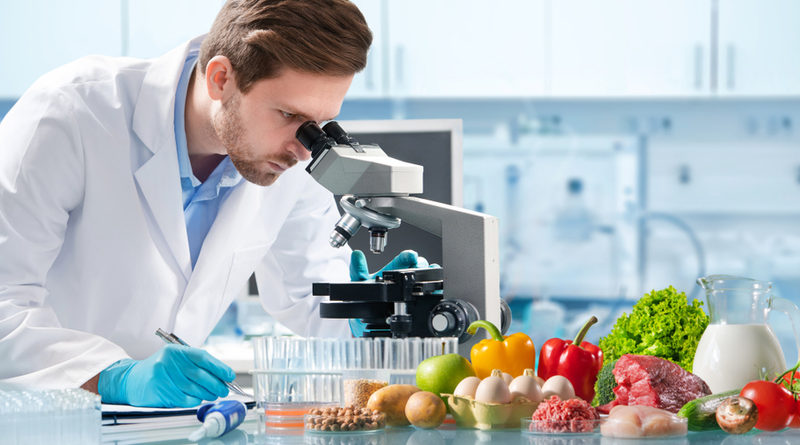Food Science Courses
Considering a Course in Food Science?
Getting food may seem as simple as going to a grocery store and picking up something off a shelf or going to a restaurant and picking out something from a menu, but getting these items involves an elaborate system behind the scenes that takes the food we eat from farm to table.
Food Science is a study of the nature of food and how it changes over time, either as a natural result or as a result of processing. Learning about food and nutrition with a Food Science course puts you at the forefront of the search for answers to some of the world’s biggest problems. You can play a part in finding solutions to challenges posed by a growing population with increasing health needs such as access to nutritious, sustainable, secure, and ethical food.
What is Food Science?
Food Science is everything from agriculture to nutrition. Agriculture involves how a food product is grown and raised while nutrition is what happens after the food enters the body and food science is everything that happens in between those processes. Food science covers how the product gets from the farm to the table. Everything that goes into making and processing and packaging food for consumers is important to Food Science.
Why is Food Science important?
Food Science and Nutrition is a multi-faceted subject that combines a variety of different disciplines to make a positive impact on human life. There is so much more to the field of Food Science than just food, it covers subjects such as chemistry, biology, physics, sustainability, and engineering. Food chemistry is used to study the chemical processes and interaction of food components and it helps scientists to discover new ways to enhance food texture, taste, and nutritional content. It also helps to ensure that foods are safe for human consumption and to develop new food products and manufacturing processes.
Biologists, biochemists, and geneticists are helping to solve the global food crisis by developing food security solutions to ensure a continuous supply of safe and nutritious foods. Food Physics applies to the fundamental laws of nature and our understanding of food. By better understanding the environment in which food is produced the better the food we will be able to create.
The global food sector and wider society are facing significant challenges such as feeding an expanding and aging population, increasing health and nutritional needs, global food security, and the environmental impact and sustainability of mass food production and food packaging.
What Will I Learn about Food Science?
- You will learn about food processes and how to meet the demands for safe, sustainable food products.
- You will learn about nutrition and the human body and the latest scientific developments and trends.
- You will learn about the physical, microbial, and chemical make-up of food to better understand food products.
- You will learn about the many disciplines that come together for food science.
- You will learn valuable skills such as presentation, research and communication, and technical skills in the development and manufacturing processes of food.
Career Opportunities in Food Science
After completing your course in Food Science, you can expect to work as a Food Scientist, Quality Controller, Innovation Manager, Analytical Chemist, Process Engineer, Ingredients Technologist, Commercial Product Developer, Microbiologist, Dairy Engineer, Packaging Technologist, or Technical Assistant in a wide range of fields.
If you’re serious about doing a course in Food Science and would like to learn more about the processing of food, check out courses in the Nightcourses.co.uk national course finder.




